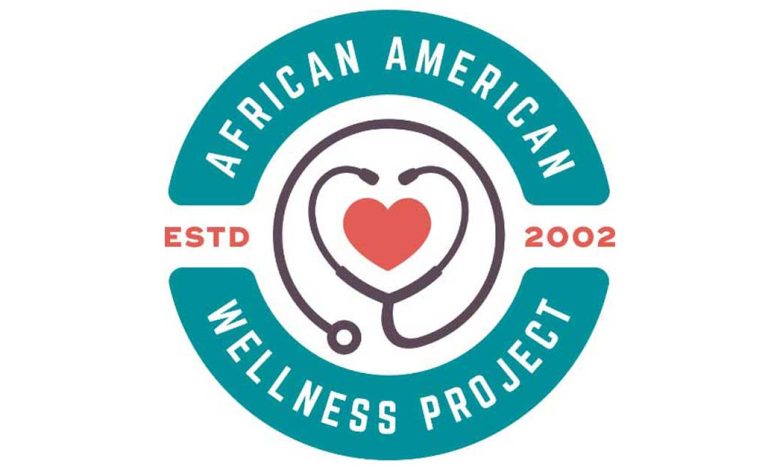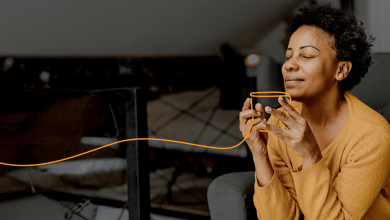Silent Danger: What This Viral Video Shows About ER Bias and Black Maternal Mortality

By now, many of us have seen the viral video of a Black woman in labor, crying out, pleading, clearly in agony, while a Texas nurse sat nearby, continuing to ask intake questions, showing no compassion or urgency. The grandmother provides a detailed, firsthand account of what occurred.
Reports indicate this was not the first time that particular nurse had behaved this way. For many Black women, this kind of neglect is not shocking or unusual. It is heartbreakingly typical.
While both the mother and baby ultimately survived, the infant was reportedly born with his eyes open and had released stool inside the uterus—something that also happened with my first son. This can be dangerous if the stool mixes with amniotic fluid and may signal significant fetal stress.
This mother’s pregnancy outcome could have been tragic and for far too many Black families, it often is.
The United States has the highest maternal mortality rate of any developed nation, and Black women face the worst outcomes. They are three times more likely to die from pregnancy-related causes than White women. In 2023, the maternal mortality rate for Black women climbed to 50.3 deaths per 100,000 live births, nearly quadruple the rate for White women. These gaps persist regardless of wealth, education, or insurance status.
Emergency room patterns reflect the same inequities. Black patients consistently receive slower, downgraded, or delayed care, patterns grounded not in clinical need but in systemic bias:
• Black patients experience 35% longer ER wait times, even after adjusting for other factors.
• Black patients are less likely to receive urgent triage scores, leading to dangerous underestimation of their symptoms.
• Black patients have a 1.26 times higher likelihood of dying in the ER or hospital compared to White patients.
These disparities are so well known that my father Dr. LeNoir, a longtime physician and founder of the African American Wellness Project, has often said that if he ever had to go to the emergency room as a Black man, he would take a moment to put on a suit first because he knows all too well that perception can influence care.
Black women in labor encounter some of the most dangerous consequences of bias. Check out this video of a Black mom in labor who was told to go home by the hospital. Their pain is minimized. Their concerns are dismissed. Their emergencies are questioned or ignored. Delayed or inadequate care can lead to fetal distress, emergency surgeries, long-term complications, or infant mortality.
What we witnessed in that video is not an aberration, it is a mirror held up to a system that has repeatedly failed Black mothers.
Real change requires systemic action: healthcare providers must be trained to recognize and counter implicit bias; hospitals must implement standardized protocols that limit subjective decision-making; policymakers must invest in maternal health equity; and communities must continue supporting doulas, midwives, and advocates who ensure Black women’s voices are heard.
But while we push for systemic reform, we must also ensure that individuals have the knowledge and support they need right now. That is where the African American Wellness Project (AAWP) plays a vital role. AAWP was created to help the Black community navigate a healthcare system that has too often failed to treat us fairly. Black patients deserve to know how to advocate for the highest quality of care, and AAWP provides the tools and resources to make that possible. It is also just as crucial to, ask the right questions, involve a trusted family member who can act on your behalf and raise concerns without hesitation.
This video should not only outrage us, but it should also mobilize us. Black women deserve to be believed. We deserve dignity. We deserve timely, compassionate, and competent care. We deserve to survive childbirth.
Until that becomes the standard for every Black mother, we must continue bringing situations like this to the forefront, and we must keep fighting for accountability, education, and systemic change.
Monique LeNoir is board chair of the African American Wellness Project.




